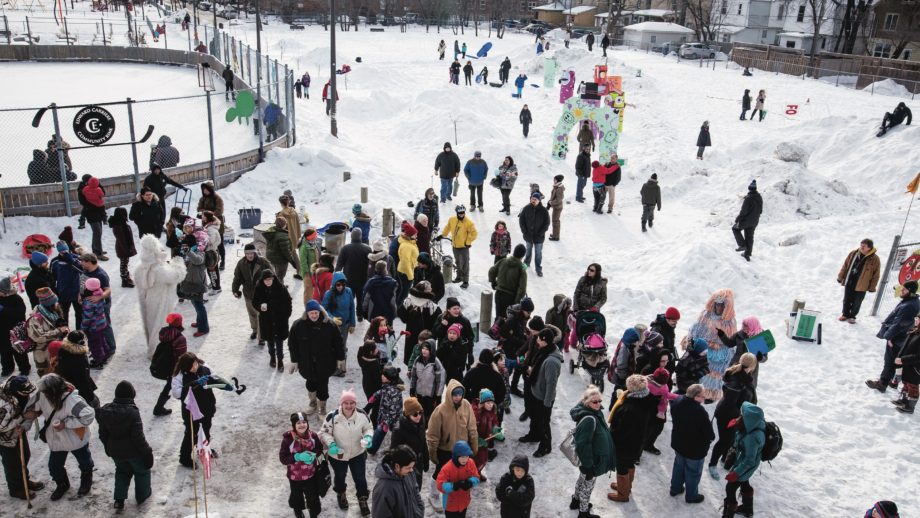A lack of affordable home rental options and an increase in affordable home ownership are key themes in a recently published Institute of Urban Studies (IUS) report examining the impact of condo developments on Winnipeg neighbourhoods.
There has been a greater loss of affordable apartment buildings in the very neighbourhoods that need them.
IUS Report
The study was led by retired IUS Director and former Canada Research Chair Dr. Tom Carter, Senior Research Associate Scott McCullough, Senior Research Assistant Ryan Shirtliffe, and IUS Researcher Chris Northcote.
The publication is part of a SSHRC-funded Neighbourhood Change Research Partnership that examines researching inequality, diversity, and change in seven Canadian metropolitan areas: Halifax, Hamilton, Winnipeg, Calgary, Montreal, Toronto, and Vancouver.
UWinnipeg Vice-President Research and Innovation Dr. Jino Distasio is on the board of directors and is a member of the project’s research team.
“For a decade, Canadian researchers have explored how neighbourhood change impacts cities. This work has uncovered the inequalities that have shaped our cities. For Winnipeg, these changes have been significant with a declining middle class and a deepening of poverty,” said Distasio. “This look at changes to the condo market digs deeper into the issues of affordable housing and the patterns of change we have seen.”
Database provides insight into neighbourhood impact
From previous research, IUS knew that a significant number of rental units were converted to condos across Winnipeg. These were often older apartment buildings that once provided some of the most affordable housing in the city.
Concerned about what this meant to the availability of affordable rental housing, they developed a comprehensive database examining the impact of condo units on eight different neighbourhoods from Transcona to Fort Richmond.
The IUS Condominium Database took Northcote over a year to develop. It contains geographic and historical information about every condo unit, including the previous use of converted condos, historic rental prices for many conversions, current sales-prices and rented condo rates; as well as relevant demographic and socio-economic data for the neighbourhoods where condos are located.
Thanks to changes in the way 2016 census data was collected, they were able to differentiate rental condos from owner occupied units, something they were previously unable to confirm.
The impact of condo developments varies quite a bit depending where you live. For instance, condos in Downtown and North Winnipeg neighbourhoods are primarily conversions, while condos in South Winnipeg are more often purpose built. Other factors like rent levels, renter incomes and the proportion of condos that are rented in a particular area means some neighbourhoods feel the impact deeper than others.
“Because converted structures are more prevalent in neighbourhoods that have lower average income, there has been a greater loss of affordable apartment buildings in the very neighbourhoods that need them,” said the report.
More affordable home ownership options
Affordable rentals are getting harder to find, but the increase in condo conversions and new developments does offer more affordable options for first time homeowners or seniors downsizing from single-family homes.
“With the majority of condos being valued at $150,000 to $200,000, it adds evidence that condominiums have become a common “starter-home” for first-time buyers. This fills the role affordable single-family housing played in the post-WWII era,” said the report.
The Winnipeg condo market is quite small compared to other Canadian urban centres. Condos represent eight percent of the total housing stock, and only a quarter of these are rental units which is lower than the national average.
While the average size of households living in condominiums is considerably smaller than non-condo dwellings, rented condominiums have a higher proportion of families, families with children, and lone parent households than owned condominiums.
“This research broadens the discussion on the impacts of condos,” said McCullough. “As we continue to build on previous research, we are expanding our understanding of housing needs at the neighbourhood level.”
UWinnipeg’s Institute of Urban Studies has been producing reports and publications since 1969. A complete collection of public reports is housed at the Institute of Urban Studies Library. Many reports are also available to download from the IUS WinnSpace archive.






